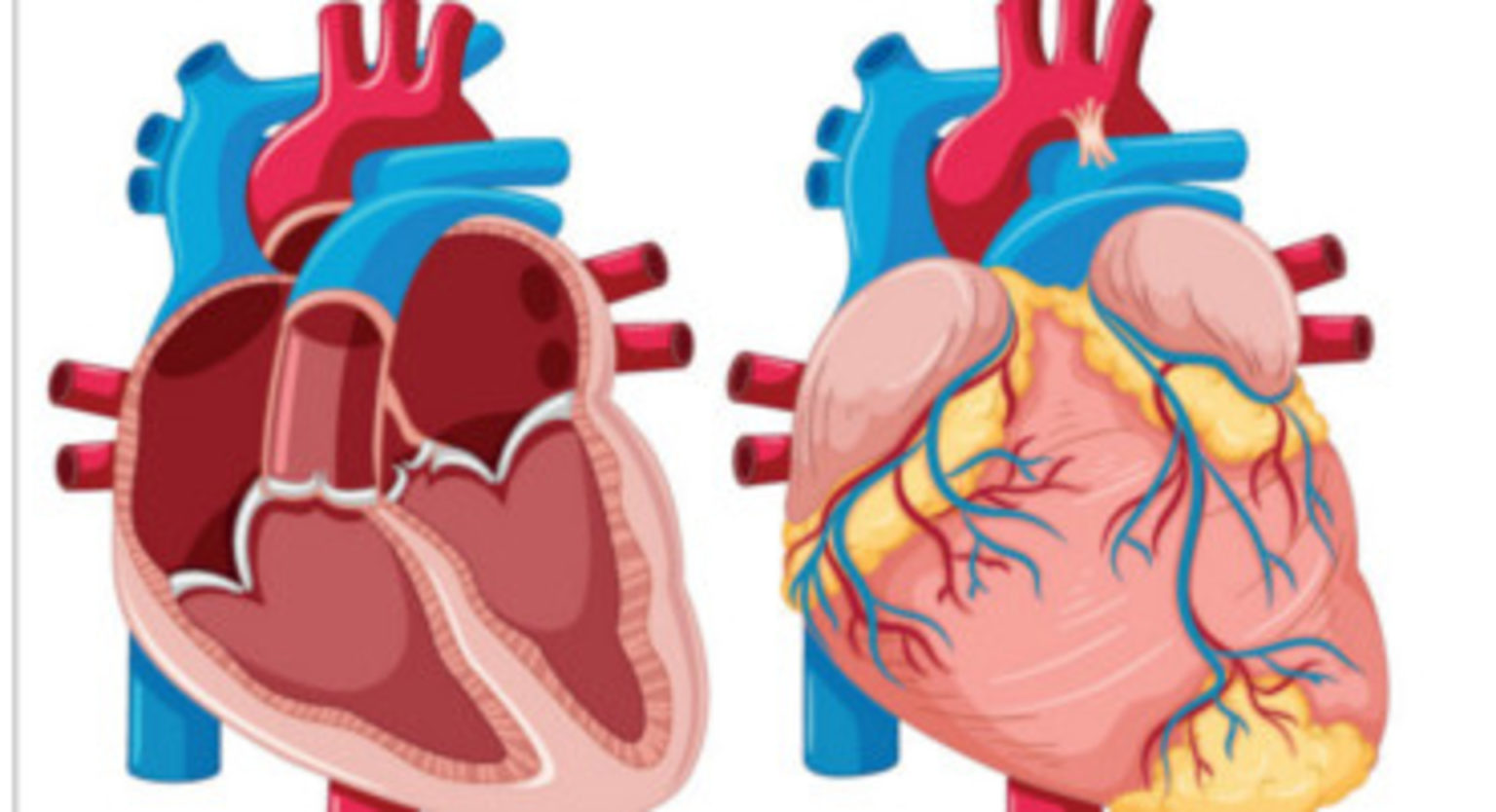
CABG (pronounced like the word “cabbage”) stands for Coronary Artery Bypass Grafting. Coronary artery bypass (CABG) surgery, also referred to as Coronary Revascularization, reroutes blood flow around a blockage in the coronary artery so the heart muscle can maintain a good blood supply.
The heart-lung machine—cardiopulmonary bypass (CPB)—is one of cardiac surgery’s most important inventions. A heart-lung machine allows surgeons to perform open-heart surgery safely and effectively, and has been used for more than 40 years. But there are risks associated with stopping the heart and temporarily replacing its functions with the heart-lung machine. Risks include potential bleeding, major stroke or minor neurological problems resulting in difficulties with understanding and memory.
There are two basic types of heart valve defects: a narrowing of a valve (stenosis) and a leak in a valve that allows blood to back up (regurgitation). You might need heart valve surgery if you have one of these defects and it’s affecting your heart’s ability to pump blood.
Your doctor will evaluate you to determine the most appropriate treatment for your condition. If you don’t have signs or symptoms, or your condition is mild, your doctor might suggest monitoring over time. In that case, healthy lifestyle changes and medications might help manage symptoms.
Mon – Fri
08.00 AM -8.00 PM
Sat – Sun
09.00 AM -5.00 PM